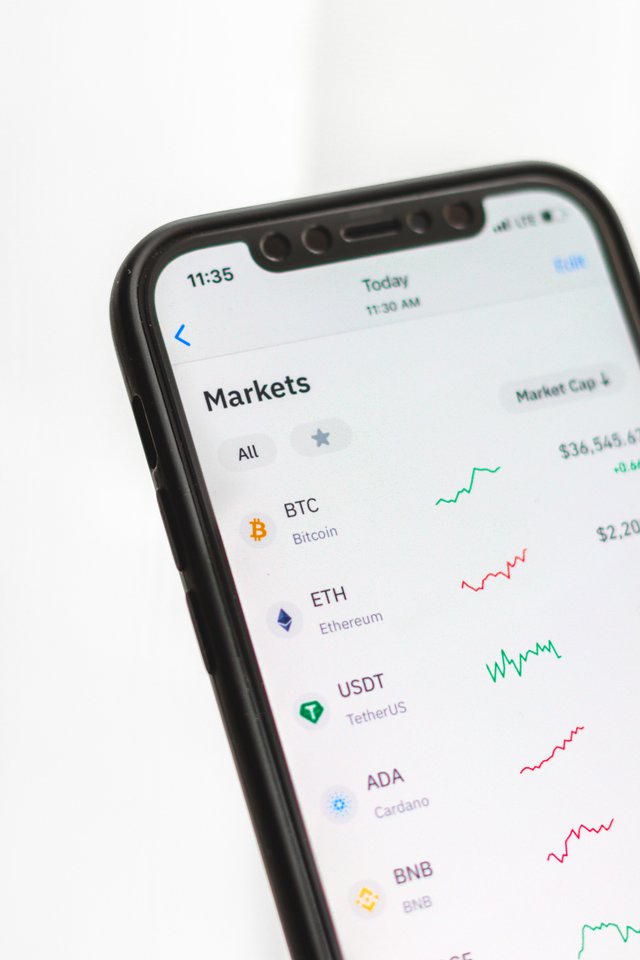Crypto Craze: Exploring the Rise of Digital Currency
Digital currencies, also known as cryptocurrencies, have been gaining widespread attention and acceptance in recent years. Bitcoin, the first and most well-known cryptocurrency, was created in 2009 and has since sparked the creation of thousands of other digital currencies. Despite their relatively short history, cryptocurrencies have become a global phenomenon, with millions of people around the world buying, selling, and holding them.
One of the main reasons for the popularity of digital currencies is their decentralized nature. Unlike traditional currencies, which are controlled by governments and central banks, cryptocurrencies operate on a decentralized network of computers that are spread out across the globe. This means that there is no central authority that can manipulate the value of a cryptocurrency, making them an attractive option for those who are wary of government or financial institution control.

Another major advantage of digital currencies is the speed and low cost of transactions. Transferring money using traditional methods can often take several days and involve high fees, especially when transferring money across borders. Cryptocurrencies, on the other hand, can be sent and received instantly and with minimal transaction fees, making them an efficient and cost-effective option for international transactions.
The rise of digital currencies has also been fueled by their potential to serve as a store of value and hedge against inflation. Many people view cryptocurrencies as a form of digital gold, and believe that they will hold their value over time, even in times of economic turmoil. This has led to an influx of institutional investors and corporations, such as Tesla and Square, investing large sums of money in cryptocurrencies.
However, the rapid rise in popularity of digital currencies has also raised concerns about their stability and potential for fraud. Cryptocurrencies are highly volatile and can experience dramatic price fluctuations in a short period of time, making them a risky investment. In addition, the decentralized nature of cryptocurrencies has made them a popular target for hackers and scammers, who have stolen billions of dollars worth of cryptocurrencies in recent years.
Despite these risks, the crypto craze shows no signs of slowing down. In fact, many experts believe that digital currencies are the future of money, and that they will continue to gain widespread acceptance and adoption in the coming years. As more people become familiar with cryptocurrencies and their benefits, it is likely that they will become an increasingly important part of our financial system.
In conclusion, the rise of digital currencies is a fascinating and complex phenomenon that has the potential to transform the way we think about money and finance. While there are certainly risks and challenges associated with cryptocurrencies, their decentralized nature, speed of transactions, and potential for value preservation have made them an attractive option for millions of people around the world. As the crypto craze continues to evolve, it will be interesting to see how digital currencies shape the future of finance and economics.
